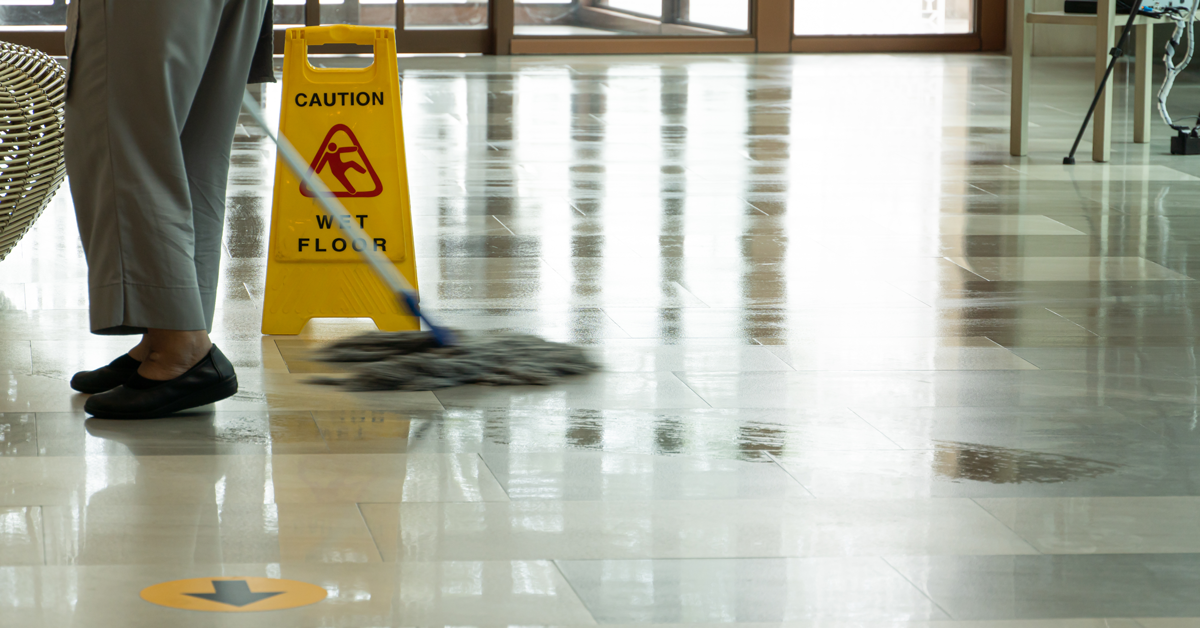Akbar Thomas Resources and Education

Understanding Nursing Home Abuse and Neglect
Nursing homes are big business, as recently evidenced by the $36 million a New Jersey firm paid to purchase two south Florida nursing homes. But in the quest for profits, some nursing homes fail to provide adequate care for their residents. Whether because of understaffing, under-trained staff, unsafe facilities, poor equipment, or some other factor—penny-pinching or not—seniors face potential neglect and abuse when they become wards of some nursing homes. And nursing home abuse and neglect are prevalent in Florida due to its large elderly population.
As a compassionate provider of personal injury legal services, Tallahassee’s Akbar Thomas Law firm takes a hardline stance on behalf of clients whose loved ones have been injured or died because of apparent nursing home abuse or neglect. When our investigation uncovers a clearcut case of abuse or neglect, we seek full compensatory damages as allowed by law and will push for criminal charges where warranted.
Nursing home abuse and neglect come in many forms and may not always be easily recognized. To help you identify potential abuse or neglect your loved one may be experiencing in a nursing home, we’ve put together the following primer.
The Three Types of Nursing Home Neglect
Nursing home neglect is characterized by the failure of the facility and staff to provide a resident with reasonable and expected care. Staffing issues and purposeful isolation of the resident by staff or the resident themself can cause neglect. Nursing home neglect comes in physical, medical, and emotional forms.
Physical neglect threatens the health of the resident and can be directly tied to inadequate care and supervision provided by staff or indirectly tied to failing to maintain and clean the facility. Such neglect can include:
- Failing to provide sufficient nutrition.
- Failing to ensure proper hydration.
- Failing to assist residents with personal hygiene needs.
- Failing to maintain the hygiene of living areas and other parts of the facility.
- Lack of proper supervision leading to falls, choking on food items, bedsores, and residents who may wander away from the home.
Emotional neglect can compromise the mental health of residents and is generally caused by staff failures to address a resident’s behavioral issues, self-isolation, or overall emotional state. In some cases, staff might fail to take action when medical problems or medications have caused a significant change in emotional health or fail to intervene when a conflict emerges between residents.
Medical neglect occurs when staff fails to properly care for residents with medical issues. Most cases of medical negligence involve improper medication or failing to respond to medical problems, including:
- Giving a resident the wrong medication or miss-dosing a medication.
- Failing to ensure that a resident takes their medications.
- Irregular administration of prescribed medications.
- Failing to adequately address emerging medical illnesses, injuries, or emergencies such as stroke or heart attack.
The Five Primary Forms of Nursing Home Abuse
Unlike negligence, which is typically unintentional, nursing home abuse is caused by intentional wrongdoing that can be subject to criminal charges as well as civil liability. Such abuse is primarily characterized as physical, emotional, sexual, financial, and medical.
Whether due to frustration, spite, reflexive response to a perceived slight, or some other factor, some nursing home caregivers may be prone to lash out at or otherwise physically harm nursing home residents. Such physical abuse occurs all too often in Florida nursing homes, but when somebody can identify such abuse, the caregiver and facility may be subject to civil and criminal liability.
Emotional abuse is often conducted in sync with physical abuse and a pattern of emotional abuse can often make the abusive caregiver turn more physical. Emotional abuse is usually verbal, though forced isolation can also be a form. Verbal forms can include:
- Insults.
- Threats.
- Shouting in anger.
- Disdainful commentary about the resident.
- Racist, sexist, ageist, and other types of prejudicial commentary.
While it may seem surprising, seniors can also be subject to sexual abuse in nursing homes. Such abuse may take the form of:
- Sexual commentary.
- Unwanted touching.
- Forced removal of clothing.
- Rape.
- Forcing a resident to view pornography.
Financial abuse may be carried out by unscrupulous caregivers who commit theft and/or fraud to steal a resident’s assets. Those with cognitive disabilities like dementia are typically at the most risk from this form of abuse. Financial abuse by caregivers may include:
- Theft of money and personal belongings.
- Identity theft.
- Withdrawing money from bank accounts.
- Making purchases with a resident’s credit or debit card.
- Getting the resident to sign over assets.
- Encouraging the resident to name the caregiver as a beneficiary in their will.
While medical “negligence” is far more common, sometimes nursing home caregivers use medications and withhold healthcare to abuse a resident. This might involve purposefully withholding medical care for a sick or injured resident or withholding their medicines as punishment. It might also involve using medications to chemically restrain a resident.
Signs of Potential Abuse and Neglect
A nursing home resident’s family members need to be attuned to potential abuse because negligent and/or abusive caregivers will certainly not police themselves. Identifying possible neglect or abuse requires regular visits with your loved ones to assess their overall health and well-being, the physical condition of the facility, and the attentiveness of staff. Your loved one may be too afraid or otherwise unable to report any neglect or abuse they’ve suffered, so consider the following list of potential signs of abuse or neglect:
- Unexplained emotional withdrawal or other behavioral changes.
- Unexplained fractures or other injuries.
- Unwarranted worsening of a medical condition.
- Missing money, personal property, or unexplained bank/credit charges.
- Missing medications or lapses in dosing.
- Inattentive staff.
- Unsanitary conditions.
- Poor hygiene.
- Torn or bloodied clothing.
- Severe weight loss.
- Dehydration.
- Bedsores.
- Illegal restraints.
If you believe there has been a clear case of abuse or neglect that is causing a medical emergency, call 911. If the suspected neglect or abuse is not an emergency, you should make plans to relocate your loved one to another facility and file a complaint with the Florida Agency for Health Care Administration.
Consult with Akbar Thomas Law on Your Personal Injury Claim
With a two-year statute of limitations for making civil claims for nursing home neglect or abuse, contact a personal injury lawyer as soon as possible if your loved one has suffered abuse or neglect in a nursing home. With more than 15 years of experience helping Tallahassee area clients recover damages for their personal injury claims, the legal team at Akbar Thomas Law stands ready to help you pursue damages against negligent or abusive nursing home facilities and staff. To learn more, consult with us today at 850-383-0000.

